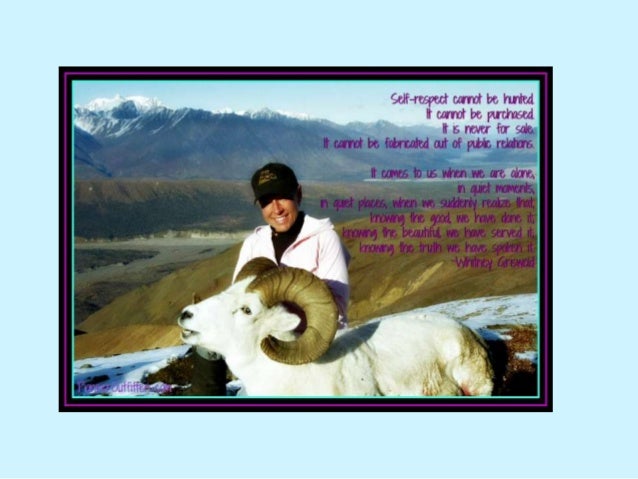
GIT IT YO BY BRYAN TRIAL
“But there were two hundred people in that scene and another seventy on the crew, so I declined to spray them with poison gas.” Between takes of the trial scenes, in which the Yippies mock Judge Julius Hoffman, played by Frank Langella, Strong would read aloud from Langella’s memoir in silly voices, and he put a remote-controlled fart machine below the judge’s chair. “I don’t like saying no to Jeremy,” Sorkin told me. Last year, he played the Yippie activist Jerry Rubin in Aaron Sorkin’s film “The Trial of the Chicago 7.” While shooting the 1968 protest scenes, Strong asked a stunt coördinator to rough him up he also requested to be sprayed with real tear gas. He’s playing it like he’s Hamlet.”Īctors try to find the real in the make-believe, but anyone who has worked with Strong will tell you that he goes to unusual lengths. “Because he’s not playing it like a comedy. “That’s exactly why we cast Jeremy in that role,” McKay told me. When I told Strong that I, too, thought of the show as a dark comedy, he looked at me with incomprehension and asked, “In the sense that, like, Chekhov is comedy?” No, I said, in the sense that it’s funny. When I asked Strong about the rap that Kendall performs in Season 2, at a gala for his father-a top contender for Kendall’s most cringeworthy moment-he gave an unsmiling answer about Raskolnikov, referencing Kendall’s “monstrous pain.” Kieran Culkin told me, “After the first season, he said something to me like, ‘I’m worried that people might think that the show is a comedy.’ And I said, ‘I think the show is a comedy.’ He thought I was kidding.” Part of the appeal of “Succession” is its amalgam of drama and bone-dry satire.

That’s when he got the call that the “Succession” people had cast Kieran Culkin as Roman. “It was a devastating experience.” (Bigelow says that the character wasn’t working in the story after Strong pleaded with her, she came up with another part for him, as an attorney.) Then he flew to Denmark to get married, staying at a castle called Dragsholm Slot. “I was just not the character that she had in her mind,” Strong said. He arranged to miss part of his wedding-week festivities for the filming. That August, Strong, who was living in Los Angeles with his fiancée, went to film “Detroit.” He had done deep research for the role, watching military documentaries and practicing marksmanship at a shooting range. I could do something that I hadn’t done before.” “I thought, Oh, wow, Roman is such a cool part,” Strong said. McKay gave him the pilot script and said, “Tell me what role you connect with.” Strong picked Roman Roy, the wisecracking youngest son of Logan Roy, a Rupert Murdoch-like media titan. In 2016, Kathryn Bigelow, the Oscar-winning director of “The Hurt Locker,” cast him in a big role, as a National Guardsman in her film “Detroit.” Around the same time, Strong had lunch with Adam McKay, who had directed him as a financial analyst in “The Big Short.” McKay said that he was executive-producing a new HBO show called “Succession,” which he described to Strong as a “King Lear” for the media-industrial complex. And you get used to people not noticing.” “Your focus just becomes about the work and trying each time to go to some inner ledge. “You come to New York, and you’re doing Off Off Broadway plays, and you are in the wilderness,” Strong told me, of his early career.

But, as he approached forty, he felt that his master plan wasn’t panning out-where was his Benjamin Braddock, his Michael Corleone?


By his mid-thirties, after fifteen years of hustling in the industry, he’d had minor roles in a string of A-list films: “Lincoln,” “Zero Dark Thirty,” “Selma,” and “The Big Short.” He’d played a staffer in both the nineteenth-century White House and the twenty-first-century C.I.A. By his early twenties, he had worked for all three men, and had adopted elements of their full-immersion acting methods. He read interviews that his heroes gave and, later, managed to get crew jobs on their movies. When Jeremy Strong was a teen-ager, in suburban Massachusetts, he had three posters thumbtacked to his bedroom wall: Daniel Day-Lewis in “My Left Foot,” Al Pacino in “Dog Day Afternoon,” and Dustin Hoffman in “Rain Man.” These weren’t just his favorite actors: their careers were a road map that he followed obsessively, like Eve Harrington casing out a trio of Margo Channings.


 0 kommentar(er)
0 kommentar(er)
